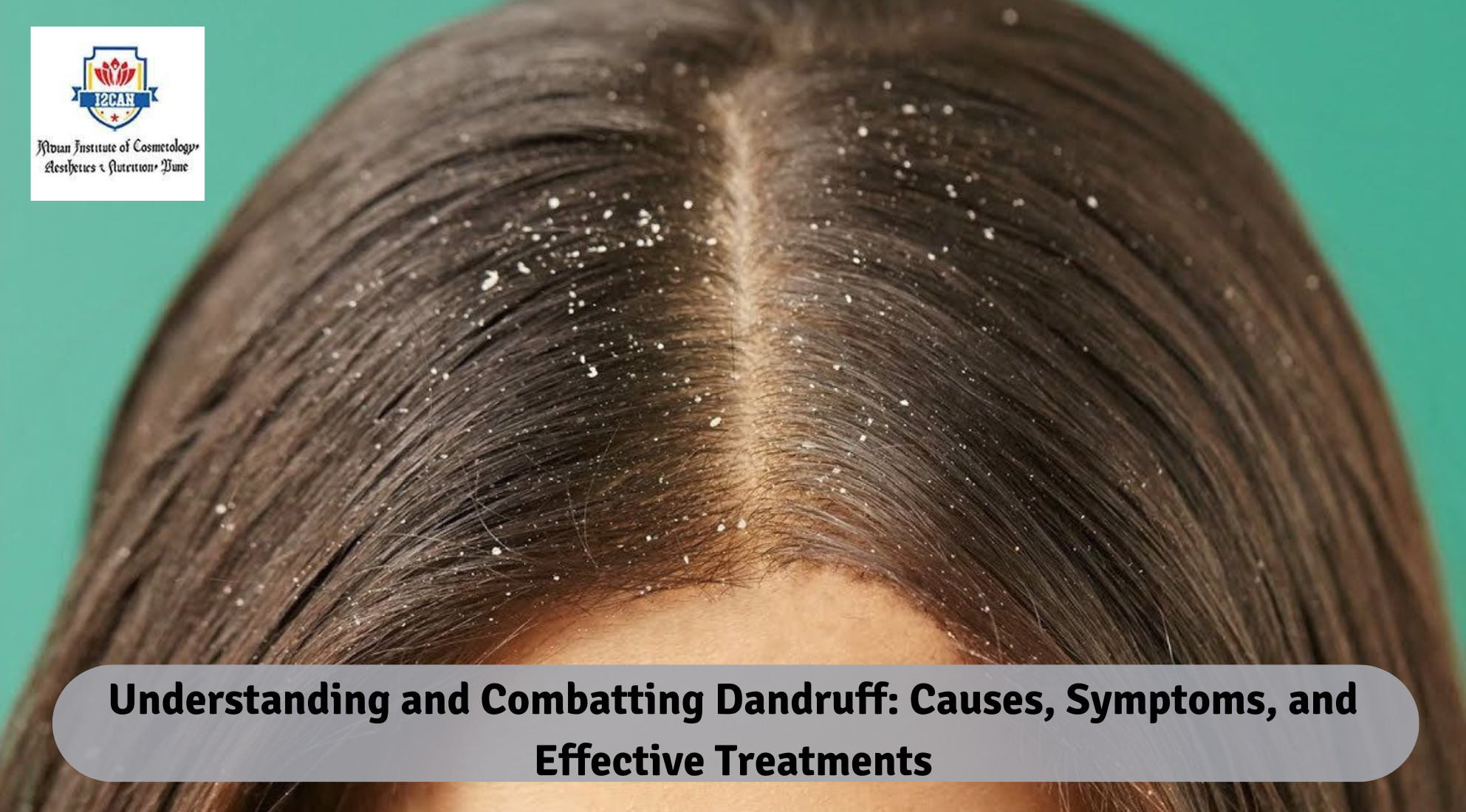Dandruff, a common scalp condition causing flaking, can be a persistent and embarrassing issue for many. While not contagious or severe, its impact on self-esteem makes finding effective treatments crucial. This blog explores the causes, symptoms, and various remedies to tackle dandruff, offering insights for a healthier scalp.
Causes of Dandruff:
- Dead and Damaged Skin: Dandruff often arises from the accumulation of dead and damaged skin cells on the scalp.
- Unhygienic Scalp Conditions: Poor scalp hygiene can contribute to dandruff, emphasizing the importance of regular cleansing.
- Low pH Levels: Skin with low pH levels is susceptible to dandruff, emphasizing the need for balanced skincare.
- Excessive Dryness: Overly dry scalp conditions can trigger dandruff, highlighting the importance of maintaining moisture.
- Infrequent Hair Washing: Leaving hair unwashed for extended periods provides an ideal environment for dandruff to thrive.
- Fungal Infections: Certain fungal infections can contribute to dandruff, necessitating targeted treatment.
- Seborrheic Dermatitis: Individuals with oily, irritated skin are prone to seborrheic dermatitis, a significant dandruff trigger.
- Incorrect Hair Care Products: Using the wrong shampoos and skincare products may exacerbate dandruff issues.
- Environmental Factors: Winter temperature extremes and indoor heating can worsen dandruff, necessitating extra care.
- Lack of Hair Brushing: Infrequent hair brushing leads to the accumulation of dead skin cells, promoting dandruff.
- Stress: Stress has been linked to dandruff, highlighting the importance of stress management for scalp health.
- Age and Gender: Dandruff is more prevalent in certain age groups and is more common in males.
- Nutritional Deficiencies: Deficiencies in zinc, B vitamins, and omega-6 fatty acids can contribute to dandruff.
Symptoms of Dandruff:
- Visible Skin Flakes: Noticeable flakes on the scalp, hair, eyebrows, beard, mustache, and shoulders.
- Itchy Scalp: Persistent itching is a common symptom, often accompanying dandruff.
- Scaly Scalp in Infants: Cradle cap manifests as scaly, crusty scalp conditions in infants.
Treatment Options:
- Medical Dandruff Treatments: Consultation with a healthcare professional can provide tailored solutions for severe cases.
- High-Frequency Treatments: High-frequency treatments can help manage dandruff by promoting a healthy scalp environment.
- Tea Tree Oil: Diluted tea tree oil offers antifungal properties that combat dandruff effectively.
- Lemongrass Oil: Lemongrass oil has antimicrobial properties, making it a natural remedy for dandruff.
- Aloe Vera Gel: Aloe Vera gel soothes the scalp and reduces inflammation, aiding in dandruff control.
- Omega-3 Fatty Acids: Incorporating omega-3 fatty acids into your diet supports scalp health from within.
- Aspirin: Crushed aspirin, when added to shampoo, can help exfoliate the scalp and reduce dandruff.
- Baking Soda: Baking soda acts as a gentle exfoliant, removing dead skin cells and reducing dandruff.
- Zinc Supplements: Zinc supplements can address deficiencies and contribute to a healthier scalp.
- Coconut Oil: Applying coconut oil nourishes the scalp, promoting overall scalp health.
Conclusion: Understanding the causes and symptoms of dandruff is crucial for effective management. While various treatments exist, a tailored approach considering individual factors is essential. Whether opting for natural remedies or medical treatments, the goal is to restore scalp health, ensuring a dandruff-free and confident you.


